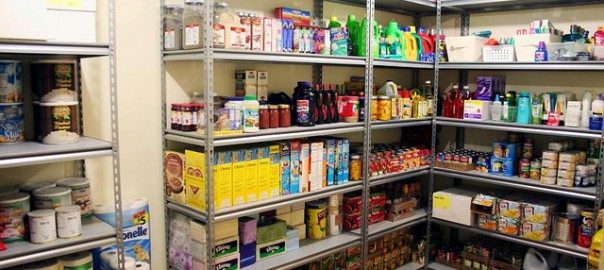An article from back in 2012 with an interesting take on Transition versus Prepping
Is the “end” near? If the pop-culture version of the Mayan calendar’s “apocalyptic” predictions turns out to be correct and the world ends on 12/21/12, then you will probably not be reading this blog. The fiscal “cliff” sounds dire, but luckily it is only an annoying metaphor. This latest round of end-of-the-world hysteria is part of an ongoing theme in American culture that includes the 20th century fears of Cold War nuclear Armageddon, the “Y2K” mania leading up to December 31, 1999, Dick Cheney’s obsession in the early 2000s of terrorists with suitcase nukes, and the constant stream of movies and television shows portraying the sudden dramatic end of civilization.
Americans consciously or subconsciously understand that the world as we know it could alter in an instant, and such TV shows provide cathartic relief to that tension. Notable among cable television’s recent boom in “end times” programming is National Geographic Channel’s “Doomsday Preppers.” The show profiles individuals and families as they build bunkers and compounds, can dry goods, and purchase paramilitary vehicles that can serve as mobile homes in which to survive amidst the teeming post-apocalyptic masses. Each “prepper” has their threat of choice, ranging from earthquakes, tidal waves, droughts, and food shortages, to super-volcanoes, nuclear holocaust, viruses, terrorists, and more. The show takes all apocalyptic scenarios seriously and provides an expert to evaluate the prepper’s actions and suggest improvements and additional preparations they can make in the basic categories of water, food, shelter, and security.

To audiences concerned with sustainability and climate change, the show sends mixed messages. On the one hand, most preppers demonstrate an admirable understanding of where their food and water come from, the motivation to design resilient systems, and display actions consistent with basic emergency preparedness. On the other hand, the show tends to highlight the “lifeboat strategy” of saving one’s self, family, and perhaps a few friends, while allowing the rest of society to crash and burn, with an emphasis on guns instead of, say, community gardens.
Read more: Huffington Post
